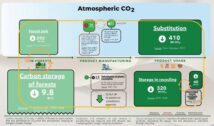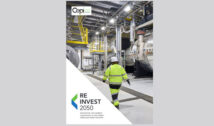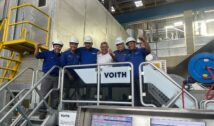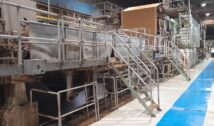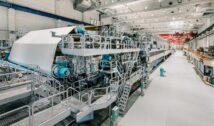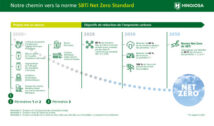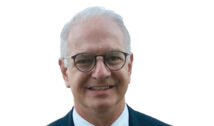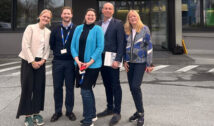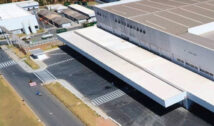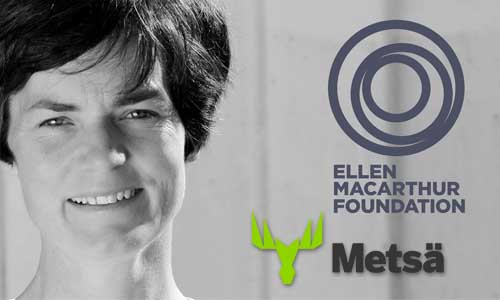
Metsä Group has joined the world’s leading circular economy network by signing its membership with the Ellen MacArthur Foundation. The network brings together business, innovators, universities, and thought leaders to build and scale a circular economy.
‘In building a more circular society, collaboration is key. By joining the network we can learn insights and best practices from others and share our own experience on wood-based circularity. We are looking forward to active cross-sectoral interaction’, says Maija Pohjakallio, VP for Climate and Circular Economy at Metsä Group.
This new collaboration is in line with Metsä’s strategic goal of the development of a fossil free circular economy. The full use of production side streams, fossil-free mills and a 25% increase in the efficiency of process water are examples of Metsä’s strategic 2030 sustainability targets. The foundation of all Metsä’s operations is that nature is respected: the wood raw material originates from sustainably managed northern forests and is used smartly. Industrial synergies are created within the Group and together with partners. For example, Metsä operates a bioproduct mill based on an ecosystem concept and has carried out collaborative projects in which wooden Kerto® LVL elements are used in building demountable houses.
The UK-based Ellen MacArthur Foundation was launched in 2010 to accelerate the transition to a circular economy. Since its creation the charity has emerged as a global thought leader, establishing the circular economy on the agenda of decision makers across business, government, and academia, globally. A circular economy tackles some of our biggest global challenges like climate change and biodiversity loss by eliminating waste and pollution, circulating products and materials (at their highest value), and regenerating natural systems.
‘The circular economy is not just about recycling and improved waste management, instead the key is to optimize the flows of materials, energy and data as well as value creation from the entire system’s perspective. To ensure system-level change it is crucial to reinforce the collaboration and dialogue between different stakeholder groups ’, Pohjakallio concludes.




